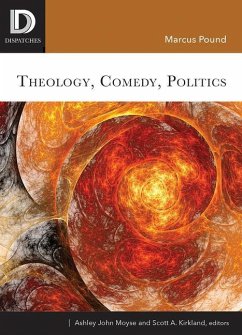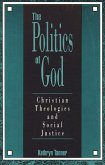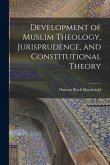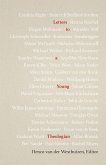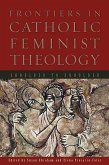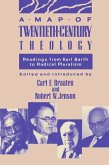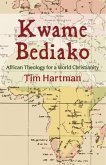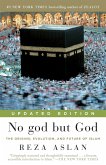How is comedy relevant to the global crises of late modernity and the theological critiques that respond to them? For an earlier generation of theologians, whose experiences were shaped by war, tragedy was the literary paradigm for ethical and theological understanding. By contrast, this work draws upon recent philosophical, anthropological, and psychoanalytic studies of humor to develop a theology of comedy. By deconstructing secular accounts of comedy, Marcus Pound argues that comedy is a participation in the divine. As such, it should inform our thinking about liturgical, sacramental, and ecclesial life, especially if theology is to respond to postmodern capitalism's ideological imperative to "have fun." --
Hinweis: Dieser Artikel kann nur an eine deutsche Lieferadresse ausgeliefert werden.
Hinweis: Dieser Artikel kann nur an eine deutsche Lieferadresse ausgeliefert werden.

